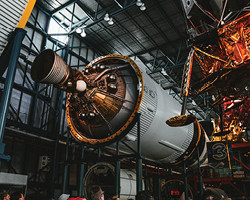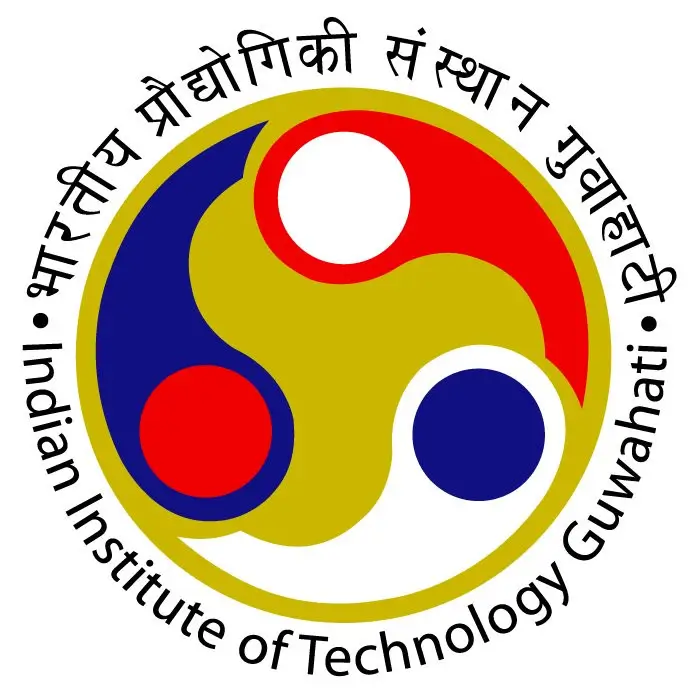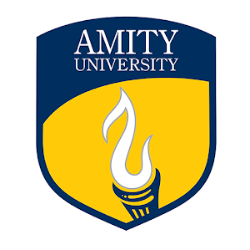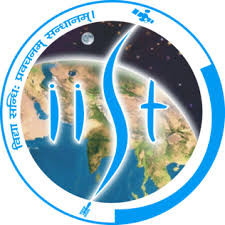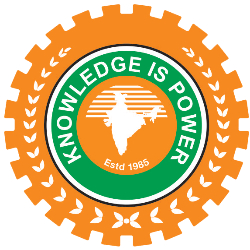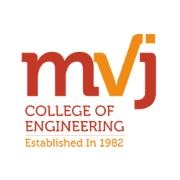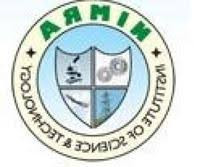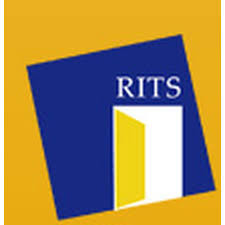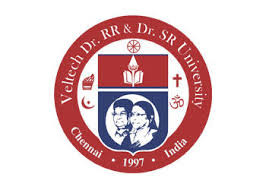M.Tech Highlights:
Course Name | Masters of Technology |
Course Level | Postgraduate |
M.Tech Duration | 2 years |
M.Tech Eligibility | Passed B.Tech/B.E or Equivalent with Minimum 50% Aggregate Score |
M.Tech Education mode | Full-time, Distance. |
M.Tech Admission Process | Merit as well as Entrance Exams |
M.Tech Entrance Exams | GATE, JAM, PGECET, AIEEA, State CET, NIT, IPU CET, OJEE, KIITEE, MET, UKSEE, SUAT, TAN CET,etc. |
M.Tech Fees | Rs 30,000 – Rs 9.00 Lakhs |
Eligibility Criteria:
- Candidates must complete M.Tech in Aeronautical Engineering or equivalent from a recognised university in India.
- They need to get the minimum cut-off that has been set by the preferred college.
- Reserved category candidates will get relaxation as per government and university norms.
- Eligible candidates are required to appear for entrance examinations, such as the GATE, NIT, JAM.
Syllabus for M.Tech in Aeronautical Engineering:
The M.Tech in Aeronautical Engineering syllabus will vary from college to college, but the course aims and subjects shall remain the same; the subject distribution over the syllabus may differ, but the study matter remains consistent. Nevertheless, candidates should check the official website to know the complete syllabus. Here is a general guide to M.Tech in Aeronautical Engineering syllabus design, as commonly followed by Indian colleges:
Semester 1 | Semester 2 |
Applied Mathematics | High Speed Aerodynamics |
Finite Element Methods | Aircraft Systems |
Introduction to Aerospace Vehicles & Systems | Aerospace Propulsion |
Aerodynamics & Flight Mechanics | Aircraft Structures |
Elective 1 - Seminar | Elective 2 |
Semester 3 | Semester 4 |
Flight Vehicle Design | Evaluation of Project Phase II |
Elective 3 | Evaluation of Project Phase III |
Elective 4 | Project Evaluation & Viva Voce |
Other Specialisations in M.Tech:
- M.Tech in Computer Science
- M.Tech in Mechanical Engineering
- M.Tech in Civil Engineering
- M.Tech in Electrical Engineering
- M.Tech in Chemical Engineering
- M.Tech in Information and Technology
- M.Tech in Automobile Engineering
- M.Tech in Nanotechnology Engineering
- M.Tech in Petroleum Engineering
- M.Tech in Instrumentation Engineering
Top 10 Engineering Colleges in India 2024:
Top Engineering Colleges | NIRF Ranking 2024 | Avg Fees |
1 | Rs 1.00 - Rs 2.00 Lakhs | |
2 | Rs 1.00 - Rs 1.50 Lakhs | |
3 | Rs 90,000 - Rs 1.35 Lakhs | |
4 | Rs 70,000 - Rs 1.70 Lakhs | |
5 | Rs 1.50 - Rs 2.70 Lakhs | |
6 | Rs 1.00 - Rs 1.50 Lakhs | |
7 | Rs 90,000 - Rs 1.35 Lakhs | |
8 | Rs 1.00 - Rs 2.00 Lakhs | |
9 | Rs 1.00 - Rs 1.50 Lakhs | |
Indian Institute of Technology (Banaras Hindu University) Varanasi | 10 | Rs 80,000 - Rs 1.80 Lakhs |
Next step after M.Tech in Aeronautical Engineering:
If a person wants to do further studies in M.Tech in Aeronautical Engineering to improve his/her knowledge and skills than he/she can go for the following courses: -
Aircraft Design and Aerodynamics: Certificate programs in aircraft design and aerodynamics address topics such as Aerodynamic Principles, Flight Dynamics, Aircraft Performance Analysis, and Computational methods for Aerodynamic Modelling, which are required for jobs in aircraft design and development.
Aircraft Structures and Materials: These courses teach Aircraft Structural Analysis, Material Characteristics, Fatigue and Fracture Mechanics, and Advanced Composite Materials, essential for building lightweight and structurally efficient Aircraft Components.
Aircraft Propulsion Systems: Certificate programs in aircraft propulsion systems cover topics such as Gas Turbine Engines, Propulsion System Performance Analysis, Engine Testing, And Alternative Propulsion Technologies (for example, Electric Propulsion), preparing you for positions in aircraft propulsion design and development.
Avionics and Flight Control Systems: Certificate programs in avionics and flight control systems cover topics like Avionics Architecture, Digital Flight Control Systems, Navigation Systems, and Sensor and Actuator Integration, which are required for careers in aircraft electronics and control systems engineering.
Spacecraft Design and Orbital Mechanics: With the growing interest in space exploration and satellite technology, certificate courses in spacecraft design and orbital mechanics cover topics such as Spacecraft Subsystems, Orbital Dynamics, Launch Vehicle Performance, and Mission Design Implications.
Unmanned Aerial Systems (UAS): These courses cover uncrewed aerial vehicle (UAV) technology, such as UAV design concepts, Autonomous Flight Control Systems, Payload Integration, and regulatory elements of UAS operations, equipping you to work in the rapidly increasing UAV industry.
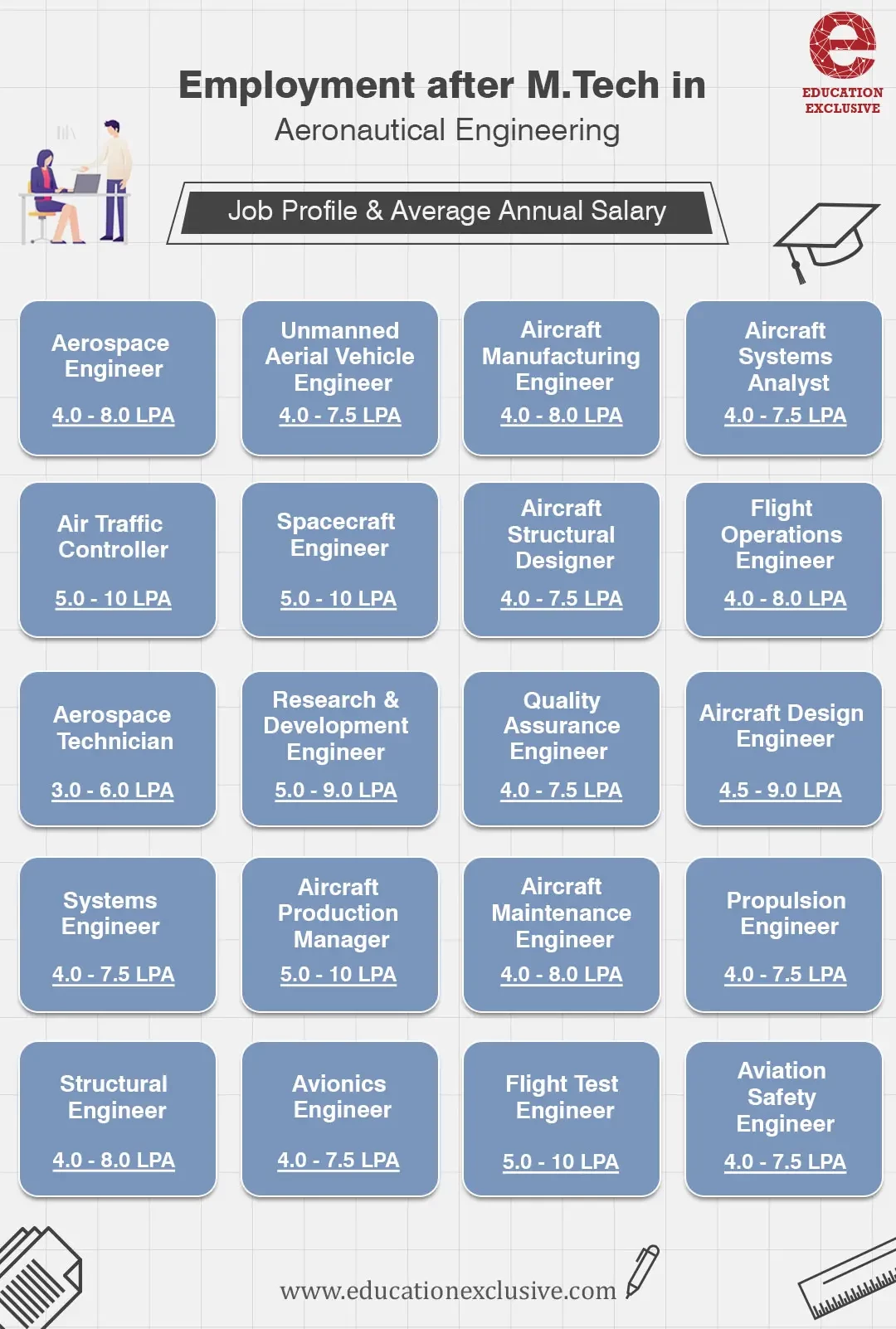
FAQs
- What are the skills required for an M.Tech Aeronautical Engineering course?
Candidates are required to have below skills to perform well in their course :
- Ability to communicate - verbal and written
- Knowledge of the subjects studied in M.Tech
- Creativity
- Critical Thinking and Problem Solving
- Attention to details
- Teamwork
- Multifaceted Exposure
- Leadership Skills
- Analytical & Creative thinking
- Acquaintance with Computers & IT
- What are the different job profiles offered to a graduate in M.Tech Aeronautical Engineering ?
After completing their M.Tech in Aeronautical Engineering, a candidate can easily find a job in R&D companies, Manufacturing Firms, and IT companies as Project Manager, Research Associate, and Senior Engineers. Some of the candidates may prefer academic jobs such as teaching in a college or becoming a professor.
- How is Aeronautical Engineering as a career?
Aeronautical Engineering is one of the best engineering courses with a high recruitment rate. They also have opportunities to work in government and private organisations, research centres etc.
- What kind of projects are undertaken during the course?
Students often work on projects such as Design and Fabrication of UAVs, Aeromodelling Projects, Aircraft Design Projects, Wind Tunnel Testing, and Simulation Projects related to flight dynamics or propulsion systems.
- What is the work of an Aeronautical Engineer?
An Aeronautical Engineer works with aircraft. Their primary job is to design aircraft and propulsion systems but with time, the engineers are given many more responsibilities to carry out. The aeronautical engineers study the mechanisms of aircraft. They work for a career in aircraft, aeroplanes, jet planes and space shuttles.

